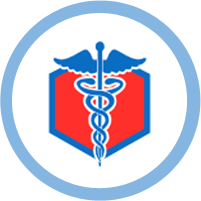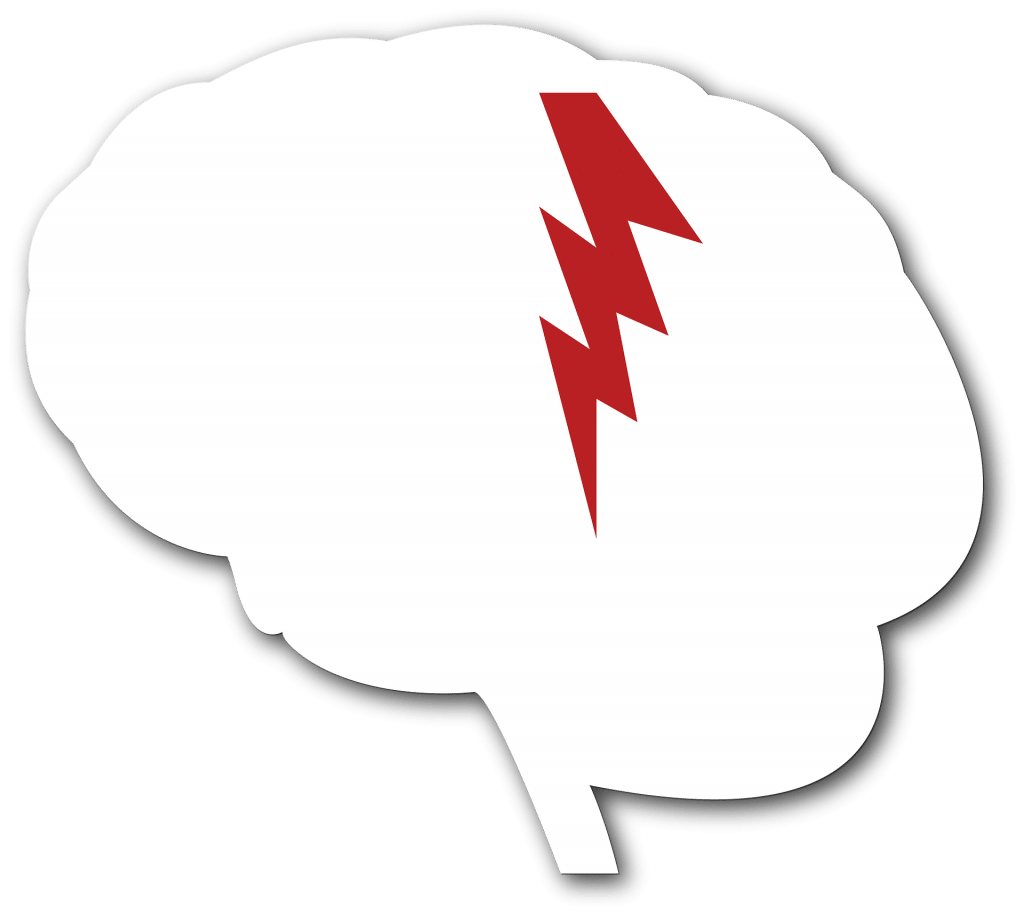A seizure is a sudden, uncontrolled electrical disturbance in the brain. It can cause multiple changes, including in behavior, movements or feelings, and in levels of consciousness. When someone has 2 or more seizures at least 24 hours apart that aren’t caused by an identifiable source, it generally considered to be an epilepsy.
There are many types of seizures that range in symptoms and severity. Seizure types vary by where they begin in the brain and how far they spread. Majority of seizures last from 30 seconds to 2 minutes, anytime that a seizure lasts longer than 5 minutes is considered a medical emergency.
Seizures are a lot more common that people might think. A person can have a seizure after a stroke, a closed head injury, an infection such as meningitis or another illness. Many times though, the cause of a seizure is unknown.




